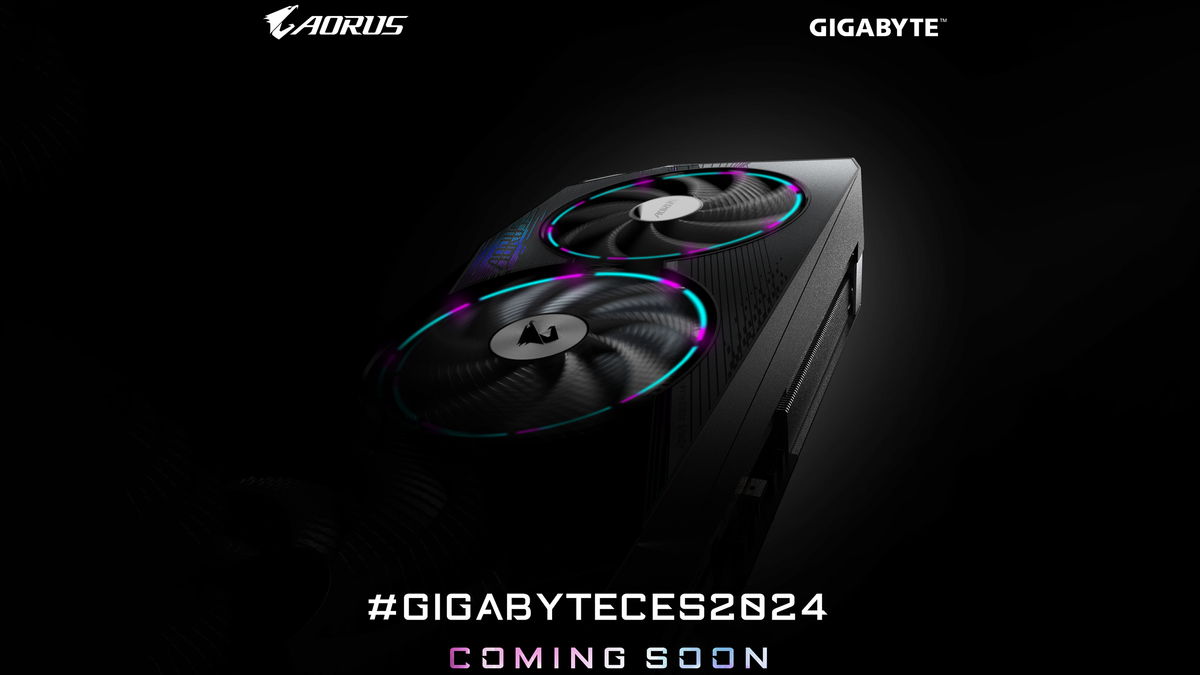Leonidas
AMD's Dogma: ARyzen (No Intel inside)



Complete Build Guide for beginners

CPUs
Best Gaming Performance
AMD Ryzen 7800X3D (fastest gaming CPU on average, most efficient in gaming)
Intel Core i9 14900K (fastest in certain games)
Midrange
Intel Core i5 13600K
AMD Ryzen 7600X
Intel 12th-14th Gen and Ryzen 7000 both offer great gaming performance. For gaming performance 7800X3D > 13th/14th Gen > Zen4/12th Gen. But whether you'll be able to make use of the extra performance will depend on various factors, namely resolution. At 1440p and higher the difference between 14900K and 7800X3D is less than 2% with an RTX 4090 (and even less than that with weaker cards). You'll also need to check benchmarks for the game you play; the 7800X3D is the fastet gaming CPU on the market today, but it loses in some games. Intel 12-14th Gen offers better productivity performance in the midrange thanks to the E-cores. Zen4 wins in efficiency under loaded scenarios, though Intel 12th-14th Gen can be more efficient at idle/light loads. Nothing comes close to 7800X3D in gaming efficiency though.
Value:
Intel Core i5 12600K
Ryzen 5 5600
Intel Core i5 12600K is really cheap right now, less than $200 USD. Seems like a good choice for that amount of money. For AM4 users, if you are using Zen1-Zen2, it might make sense to pick up a Ryzen 5 5600 as it will provide a nice performance bump and not cost a lot, could save a bit more going used... AM4 also offers Zen3 3D V-Cache CPUs which perform almost as well as Zen4.
Emulation: 12th-14th Gen and Zen4-Zen4 3D (Ryzen 7000) offer similarly high performance in RPCS3, an emulator for playing PS3 games at higher FPS and resolution on PC according to this RPCS3 tier list.
GPUS
***RTX 40-series Super cards launch imminent, might be a good idea to wait a week to see how prices turn out before buying a GPU***
Ultra High End
RTX 4090 (fastest raster, fastest RT)
RX 7900 XTX (good raster for the price)
Over a year the RTX 4090 is still the fastest GPU on the market. RTX 4090 will remain the fastest GPU for some time longer and has the best upscaling and RT capabilities. RTX 40-series refresh will bring some new choices to the high end market early this year. RX 7900 XTX is a great card if you care more about raster performance and aren't interested as much in upscaling technology. 7900 XT can also be a good price if on sale, if you can make use of the extra RAM.
7900 XTX could make sense if you care more about raster performance per dollar and don't care as much about upscaling or path tracing.
Midrange
RTX 4070
RX 7800 XT
In the mid-range the RTX 4070 and RX 7800 XT are both good choices. 4070 is better in upscaling, efficiancy and RT but the 7800 XT has 33% more VRAM and is slightly faster in raster. These cards are very well suited for 1440p at high refresh rates.
***RTX 40-series Super cards launch imminent, might be a good idea to wait a week to see how prices turn out before buying a GPU***
Entry Level
RTX 4060
RX 6600/7600
Intel Arc A750
Depending on the deals going on any of these cards can make sense at the entry level. These cards are great for 1080p and can even do well at 1440p within reason.
RAM
32 GB DDR4 / 32 GB DDR5
Value: 16 GB DDR4 / 16 GB DDR5
DDR5 pricing has come down a lot in the past year, and is now the better option these days. I'd only recommend a DDR4 system maybe for those on a tight budget or those who already have a good kit of DDR4 that they want to keep using.
SSDs
PCIe 4.0x4 NVMe SSD
Value: PCIe 3.0x4 NVMe SSD, SATA SSD
SSD pricing now is excellent for PCIe4 drives. PCIe5 drives come at a premium, but that's the price you pay for being on the cutting edge.
PSUs
High end graphics cards require more power these days with high end cards now being capable of drawing over 500 watts for overclocked models. So if you're building a system and want the fastest GPU you will need a big PSU. If you stick to mid-range GPUs like RTX 4070 and RX 7800 XT you can get away with a much smaller capacity PSU.
Cases
The most important things for me when it comes to cases is having good airflow and good aesthetics. Choose one that has all the features you want and it can last you for numerous builds.
Monitors
4K120 (or higher refresh)
Value: 1440p144 (or higher refresh)
One of the benefits of PC gaming is the ability to play many games at high refresh. Going to a high refresh monitor could be the best upgrade you can make to your setup if you are still on a 60 hz display. With current gen GPUs many of your old games can be transformed with smoothness.
In 2024, 240 Hz OLED PC monitors are becoming more widespread, with OLED at 240 Hz you get the best of both worlds with image quality and fluidity.
You can save a lot of money by going with a 1440p monitor as that drastically reduces the amount of GPU power you'd need to power those pixels. Refresh technologies like G-Sync, FreeSync and Adaptive Sync are important too, look for monitors with a wide window of adaptive sync for the best gaming experience. Some monitors also have other convieniences like USB porst which can be nice for charging devices or plugging in peripherals.

Game Pad
Recommended:
Xbox Series Controller
PS5 Dual Sense Controller
Value:
Xbox One Controller, PS4 Controller
Xbox Series controller is fantastic on PC if you play console style games. The Dual Sense is also a fantastic game pad and Steam has Dual Sense integration. Xbox Series controller is cheaper but Dual Sense can be worth it especially if more games take advantage of it's haptic capabilities on PC. If you already have a PS4 or Xbox One controller, there is probably no reason to upgrade. You could even use Xbox 360 and PS3 controllers if you want...
Aside from the standard KB/m, you can get various peripherals like arcade sticks, flight sticks, racing wheels and even dance pads. Good quality specialized controllers like this tend to be a bit more expensive than your standard gamepad, but can add a lot to the gaming experience.

DLSS 3.5 Ray Reconstruction
Path Tracing
Upscaling Technology

Overclocking is a way to get even more performance out of your components but it does require a bit of tuning to get things right as things can become unstable if you are not careful. These days, at least on Intel 12th-14th gen, it seems like a better option to try under-volting to reduce power while keeping performance the same (or better).
CPU-Z: Information on your CPU, motherboard and memory
GPU-Z: Information on your GPU and VRAM such as clocks, bandwidth, and power consumption
MSI Afterburner: overclocking utility for GPUs, works on any modern GPU from any vendor, can also be used for under-volting
HWiNFO64: detailed system information, check voltages CPU speeds, RAM speed, HDD usage, etc.
CPU & RAM Benchmarks
Cinebench2024 benchmarking tool
Y-Cruncher stress test and benchmarking tool
GPU Benchmarks
Unigine Superposition benchmarking tool
MSI Kombustor stress test and benchmarking tool
Pricing & Compatibility
PCPartPicker: Good way to see if all your components are compatible and compare prices between components aggregated from various websites.

Youtube
Gamers Nexus
Digital Foundry
Websites
Anandtech
Techpowerup
Tom's Hardware


Nvidia Super refresh confirmed for CES 2024 — Gigabyte teases GeForce RTX 40-series Super GPUs
New graphics cards incoming, says Gigabyte's gaming brand.
Last edited:



